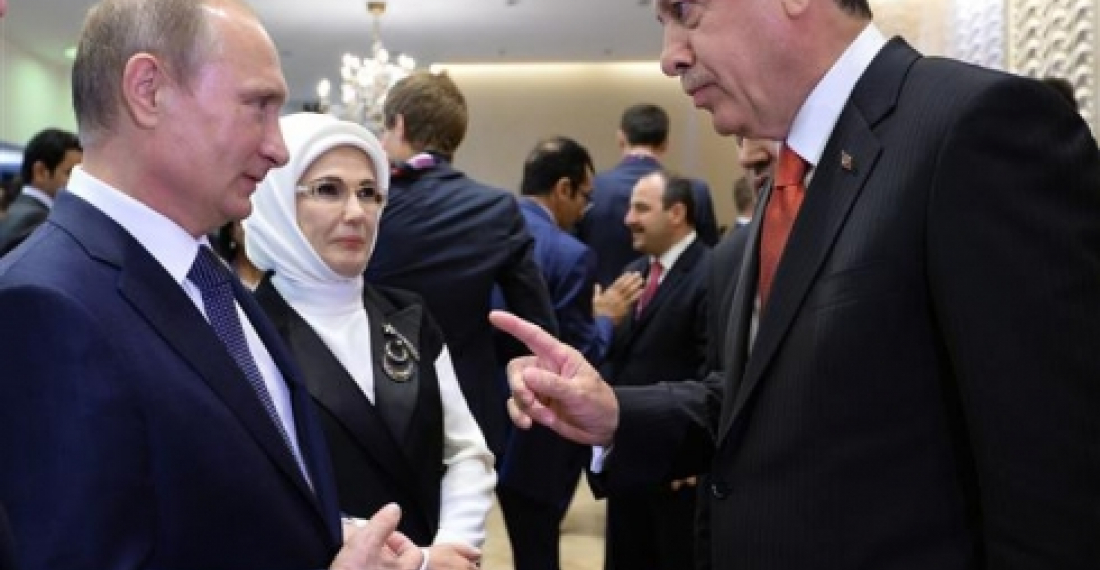Turkish President Recep Tayyip Erdogan has expressed his "regret and sorrow" to Russian President Vladimir Putin in a letter addressing the downing of a Russian jet and the killing of two Russian pilots in 2015, expressing his desire to restore bilateral ties, the Turkish and Russian presidencies have said.
The Kremlin said on June 27 that Putin received a letter from Erdogan that was later confirmed by the Turkish presidency that said Ankara and Moscow had "agreed to take necessary steps to improve the relationship."
"I want to once again express my sympathy and deep condolences to the family of the Russian pilot who died and I say: ‘I'm sorry,'" Erdoğan said in the letter, according to the Kremlin.
"The letter states, in particular, that Russia is a friend to Turkey and a strategic partner, with whom Turkish authorities would not wish to spoil relations," it said.
There is some confusion as to whether Erdogan said "sorry" or "apologised". The Turkish newspaper Hurriyet Daily News reported that the letter was confirmed by Erdogan's chief foreign policy adviser, İbrahim Kalin, in a statement on Monday. Kalin said Erdogan expressed his deep sorrow over the downing of the Russian warplane and extended his condolences to the families of the pilots. Kalın said Erdogan wrote "I am sorry" in the letter although the Kremlin version cited the Turkish president as saying "I apologise."
The letter follows a series of goodwill gestures from Turkey to Russia in a bid to normalise the bilateral relationship that has been severely hit due to heavy trade and tourism sanctions imposed by Moscow.
Commonspace.eu political editor said "certain sectors of the Turkish economy were badly hit after Russia introduced a number of measures in response to the downing of the plane. The most visible, and some say most painful was the ban on chartered tourist flights to Turkish resorts on the Mediterranean and Aegean coasts. This left a lot of these resorts eerily empty, and facing the prospect of collapse with hotels reporting very low occupancy rates. Russia was also refusing to issue work visas for Turkish workers employed with Turkish companies implementing projects in Russia.
The usually feisty President Erdogan had to swallow his pride and send the letter to President Putin since the Russians would accept no less. Whilst the letter may help to patch up relations it is difficult to see things going back to where they were even two years ago and it will take time before the rift heals completely."
source: commonspace.eu with Hurriyet Daily News.
photo: Turkish President Erdogan makes a point to Russian President Putin (Archive picture courtesy of Hurriyet Daily news).






